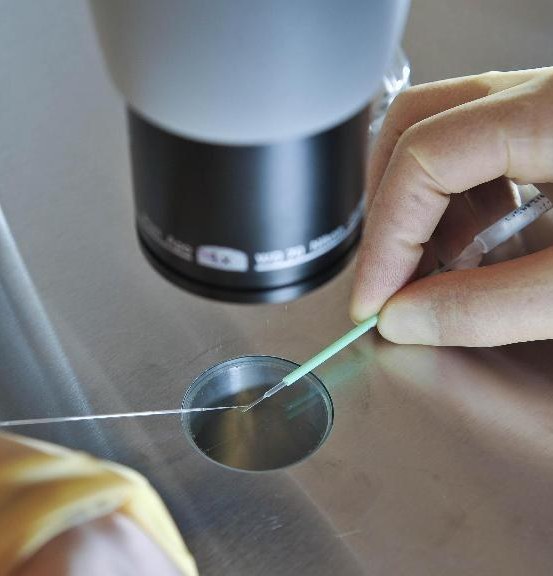International campaigners urge UK to vote for ‘three-parent’ IVF babies
Campaigners have urged British lawmakers to seize a chance to become the first in the world to allow three-way fertility treatments to families trying to avoid passing on incurable diseases to their children. In an open letter ahead of a parliamentary vote scheduled for Tuesday, charities and advocacy groups said the opportunity “offers families the first glimmer of hope that they might be able to have a baby that will live without pain and suffering”. The technique under debate is known as mitochondrial donation and is often referred to as three-parent in vitro fertilisation (IVF) because the offspring would have genes from a mother, a father and from a female donor.
Parents who know what it means to care for a sick and suffering child with mitochondrial disease are the people best placed to decide … whether mitochondrial donation is right for them.
Jeremy Farrar, director of the Wellcome Trust
The process, still only at the research stage in Britain and the United States, involves intervening in the fertilisation process to remove faulty mitochondrial DNA, which can cause inherited conditions such as fatal heart problems, liver failure, brain disorders, blindness and muscular dystrophy. Its critics fear it effectively allows “designer babies” because it would involve implanting genetically modified embryos into women. Britain last February set out draft legislation that, if passed, would make it the first country to allow the technique. The issue of mitochondrial donation has been scrutinised by several expert panels in Britain, including the Human Fertilisation and Embryology Authority and the Nuffield Council on Bioethics.

Health IVF